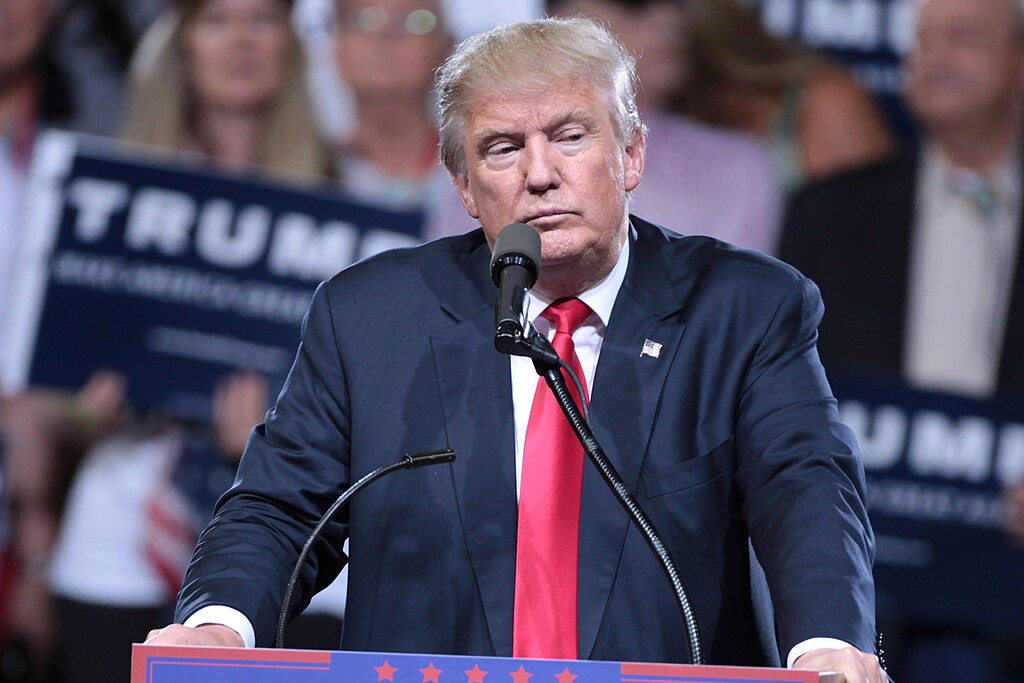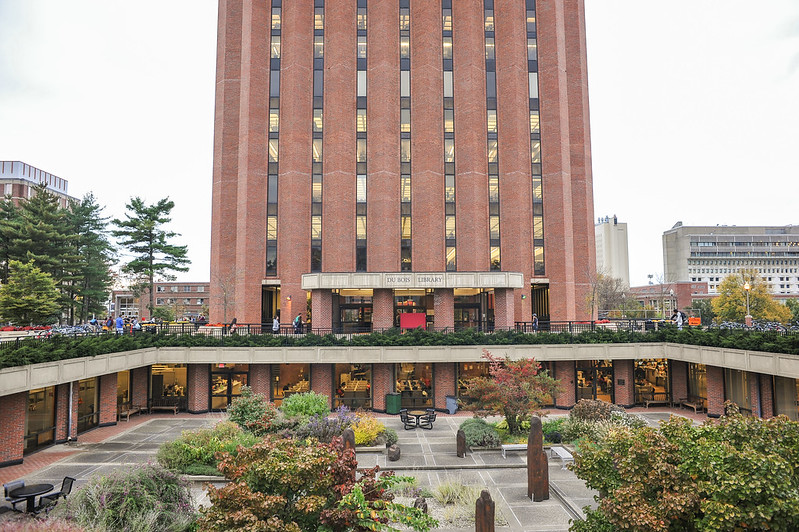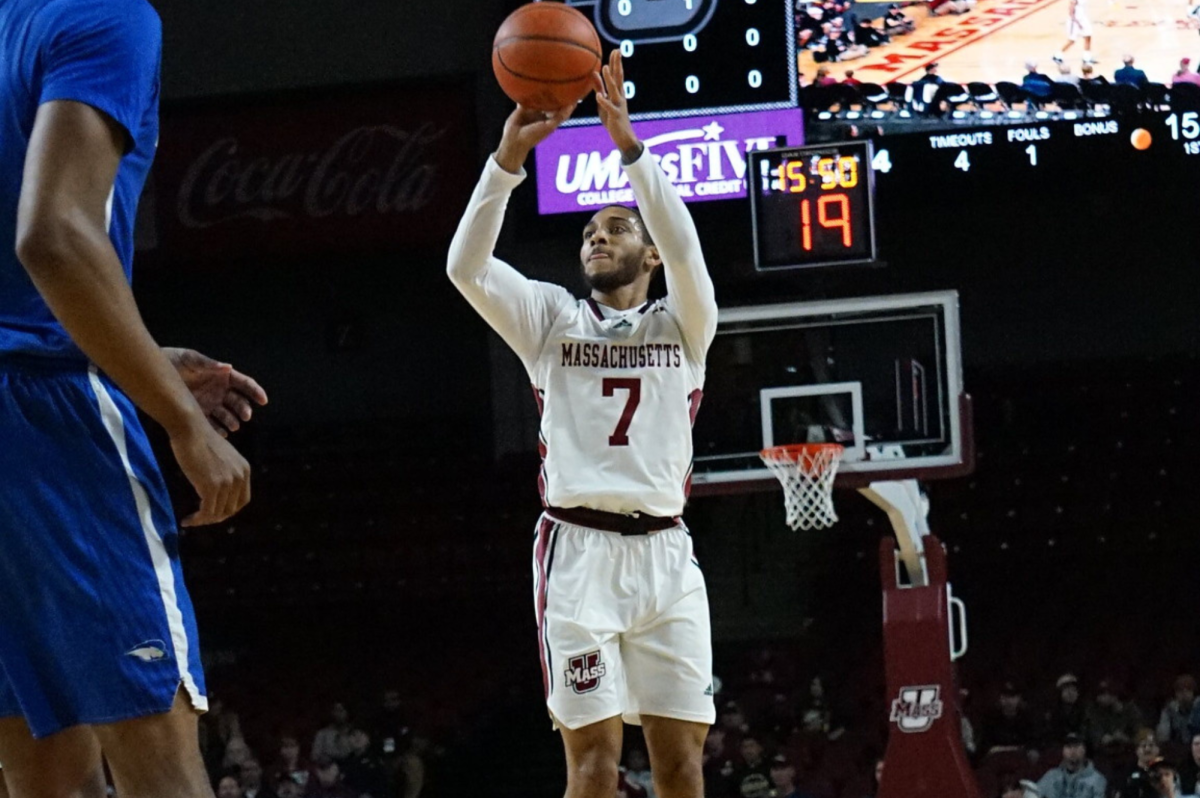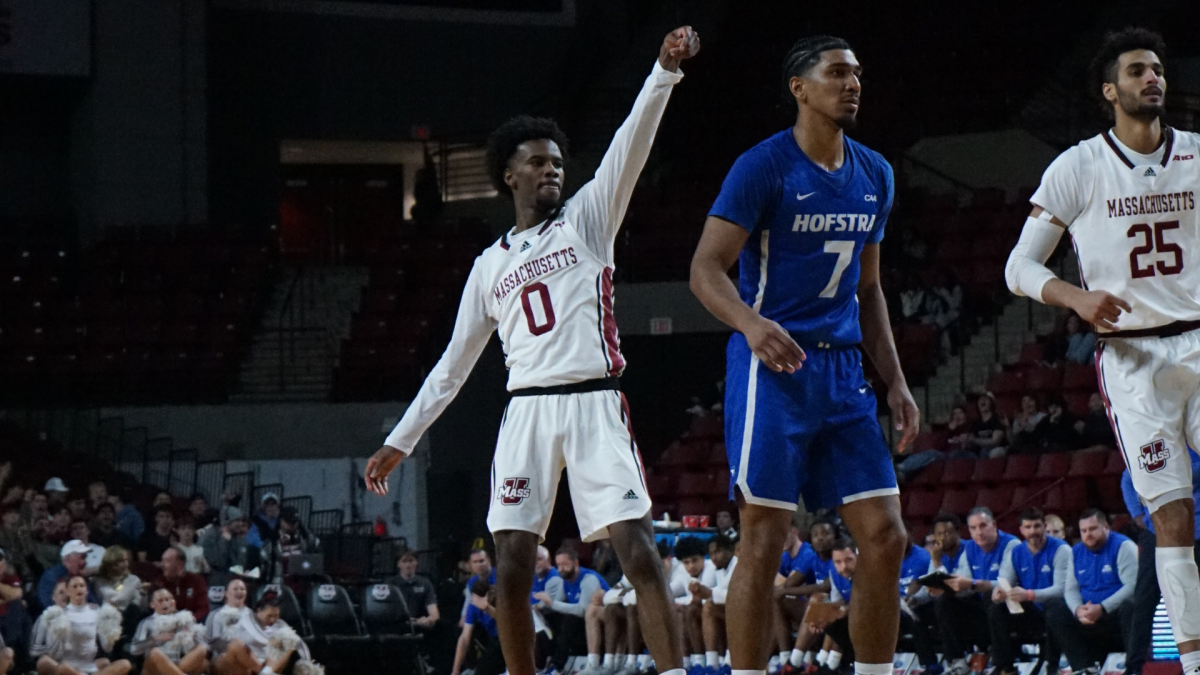
Our generation has seen a lot. Our country has been at war for longer than we’ve understood the concept and we’ve lived through the worst economic crisis since the Great Depression. As young adults, we look to our future and see bleak job opportunities, environmental catastrophes that will only worsen with time and a populace that is angry, scared and horrendously divided.
But as a generation, we have developed a collective defense mechanism to deal with the problems we face, one that I argue is actually rather productive.
We have developed a good sense of humor.
Through social media, especially Twitter and Facebook, we’ve created a generational dialogue centered around jokes. Almost every tweet to go viral features some kind of punchline, be it a clever gif, an ironic hashtag or a relatable meme.
And while some of these viral messages could be considered “timeless,” a majority are centered around major pop culture events and adopt the same life cycle of the event that they are based on: they are extremely relevant, almost inescapably-so, for a couple of days before being quickly forgotten.
For example, I’m sure you have seen the picture comparing Pharrell Williams in his 10-gallon hat at the Grammys to Smokey Bear, although you may have forgotten about it until now, just like you probably forgot who won Album of the Year. Likewise, Lady Gaga did not even finish singing the National Anthem at last year’s Super Bowl before she and her extravagant red ensemble were compared to both Effie Trinket and Heat Miser, but you probably forgot that too, just as quickly as you forgot the score of the game.
We treat every large event in our lives as little more than fodder for jokes, and we treated the first Presidential Election that we could actively participate in as the same. Whether on social media, YouTube or popular comedy news shows, every major debate, speech and scandal of this election season was quickly followed by mass ridicule.
But while most people laughed all the way to Election Day, I’ve struggled to find the humor for months.
A friend of mine sent me a Comedy Central video last April of a mock presidential debate featuring impersonators of Bernie Sanders and Donald Trump. The man impersonating Trump did the usual bit, asking the host to waterboard the audience members who booed him, mocking his political opponents and even making a joke about sexually assaulting the state of Iowa – and that was only in the first seven minutes.
But at the time I responded to my friend’s prompts of “Isn’t this hilarious?” with a genuine and heartfelt “No.” Even in April, the jokes had lost their appeal on me and the problems were simply becoming too real to be funny. Donald Trump, a man who had actually done most of the things the impersonator was suggesting (even though the issue of sexual assault was not yet known to be relevant), was at that point one out of only five people remaining in the campaign for the presidency, and I was no longer laughing.
Seven months later, my generation now agrees with me. On Election Night, I watched as my Twitter feed very quickly and very drastically shifted from the lighthearted jokes that are the norm to shock, sadness and anger. We all finally decided that the jokes weren’t funny anymore. This was real.
But this was always real, so why were the jokes ever funny?
Which brings me back to our collective defense mechanism. It’s easy to see something shocking, something that makes you angry, something that scares you and brush it off, making a joke instead of truly analyzing it or taking it seriously. It’s easy to make commemorative “Nasty Woman” t-shirts and mugs instead of condemning the man who said those condescending words. It’s easy to turn “Grab her by the pu**y” into a punchline instead of thinking about how you are perpetuating sexual assault, and what the implications of doing that could be.
A presidential election is not a pop culture event. A joke about the Academy Awards will come and go with the Academy Awards, but while a joke about a presidential candidate will soon be forgotten, the President-elect is here to stay.
Pretending that these hurtful and shameful things that Donald Trump said were funny did nothing but hide the root of the problem. We glossed over the issue, underestimating the power of his words and his actions, and greatly underestimating the amount of hate that is in this country. We cannot combat sexual assault, racism, bigotry, misogyny, ignorance and hate until we stop turning those attitudes into punchlines.
I sincerely hope that we have learned our lesson, but the amount of “Kanye for President 2020” jokes that I saw just one day after the election was downright disheartening. We must learn from our mistakes. We must not take serious matters lightly. We must never underestimate the power of our words, and we must use that power to do more than make memes.
Otherwise, love will never trump hate.
Tess Halpern is a Collegian columnist and can be reached at [email protected].



















Lucky Louie • Nov 16, 2016 at 5:05 pm
“[T]he white supremacists of Comparative Literature” might be one of the funniest lines I’ve ever read. A close second is “African American scholar on rap music.”
Letha Deck • Nov 14, 2016 at 10:54 am
Donald Trump attracts a lot of anger over what people perceive as racism. I see pictures of students protesting racism and white supremacy. It seems that the public sentiment is that white supremacy won’t be further tolerated in the US.
But you have very active white supremacists right there at UMass. A ton of them. And unlike Donald Trump, they are actually actively hurting African American people.
In early October, the white supremacists of Comparative Literature right there at UMass took down an internet site developed by an African American graduate student in 1999. The website, for the organization, OGSCL, published newsletters until 2010. The last newsletter, 2010, is amazing. The 2003 Winter edition has the only articles published by an African American scholar on rap music and on teaching students that are white
The East Indian immigrant chancellor of the university didn’t care, either. East Indians are from a rigid social system that deprives many citizens of. Wish needs and rights. He has no sensitivity. Subbaswami ignored the issue.
African American scholarship has been destroyed right there at UMass. Deliberately.
David Hunt 1990 • Nov 14, 2016 at 8:26 am
Funny how “Love Trumps Hate” involves a lot more anger, assaults, riots, property damage, and arson than I would have imagined.